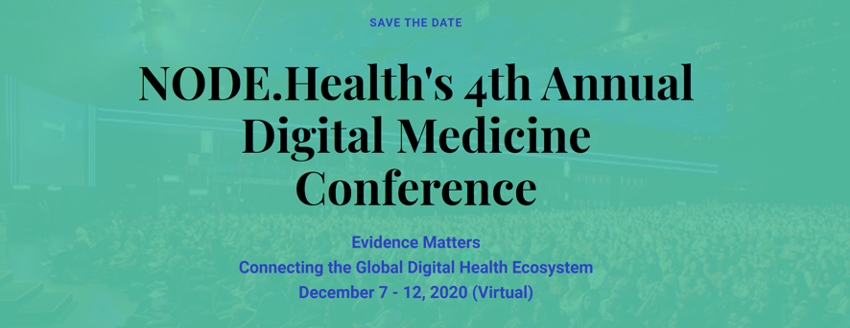As health care providers store and manage a growing amount of patient data on electronic health records, doctors are faced with the responsibility of adapting and familiarizing themselves with new technologies for the betterment of patient care as well as the prosperity of the enterprise. In general, the Centers for Medicare & Medicaid Services have encouraged EHR adoption for improved clinical utilization and care outcomes as well as more effective population health and lower costs. These tools have thus far been successful. However, a new report by the RAND corporation revealed that many physicians are experiencing job dissatisfaction due to issues surrounding EHR implementation.
Survey results
The RAND Corporation, a nonprofit research and analysis institution, published the report in cooperation with the American Medical Association to determine factors that affect physician satisfaction and how they impact the state of patient care quality. For the report, researchers evaluated survey results completed by providers at 30 practices in six states between January and August 2013. At this time, 28 had completed EMR integration and were utilizing EHRs.
The surveys revealed that a majority (61 percent) of participants felt that EHR systems improved the quality of care, but 43 percent also agreed or strongly agreed that these tools slowed down the clinical process. Additionally, only 35 percent of respondents said that EHRs improved their level of professional satisfaction, which means another 65 percent went unaffected or were dissatisfied.
Physicians claim health information exchange is insufficient
Participants provided a handful of reasons behind their general dissatisfaction. The top concern was over interoperability between systems. According to the report, one general surgeon posited the question of why interoperability was not a regulatory requirement.
“The hospitals have a different EHR, and they don’t communicate, which was the big problem, I think, in [health reform – ] … it did not mandate [interoperable] electronic records,” the general surgeon responded. “Everyone’s going to electronic medical records, [but] there’s not an easy way for everything to communicate. And I think that was kind of the purpose behind it, that people could have their history and it would be portable … and everyone would be able to see what’s been done and not duplicate it and be up to date on what was going on with this patient.”
While many providers may feel dissatisfied with the complexity and inefficiency of some systems, EHRs are here to stay. But there are tools that can improve usability and in effect professional satisfaction. A VNA solution can prove to be a worthwhile investment alongside EHRs. VNAs can preserve the integrity of patient data contained within a variety of file types. Because of this great degree of flexibility, VNAs are more versatile than typical picture archiving and communication systems, which can actually compound interoperability issues for organizations that use different vendors.






























